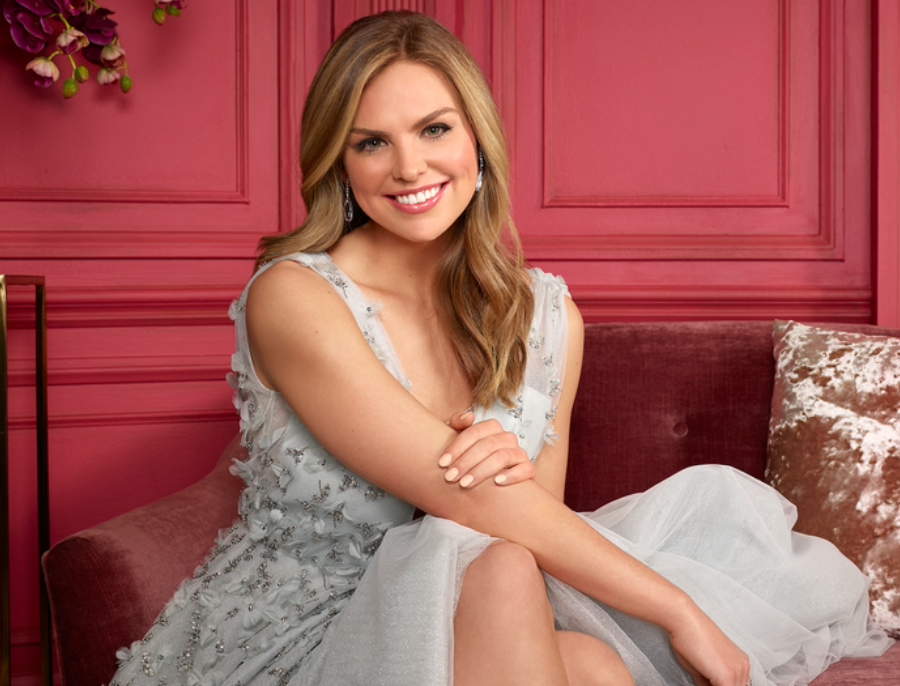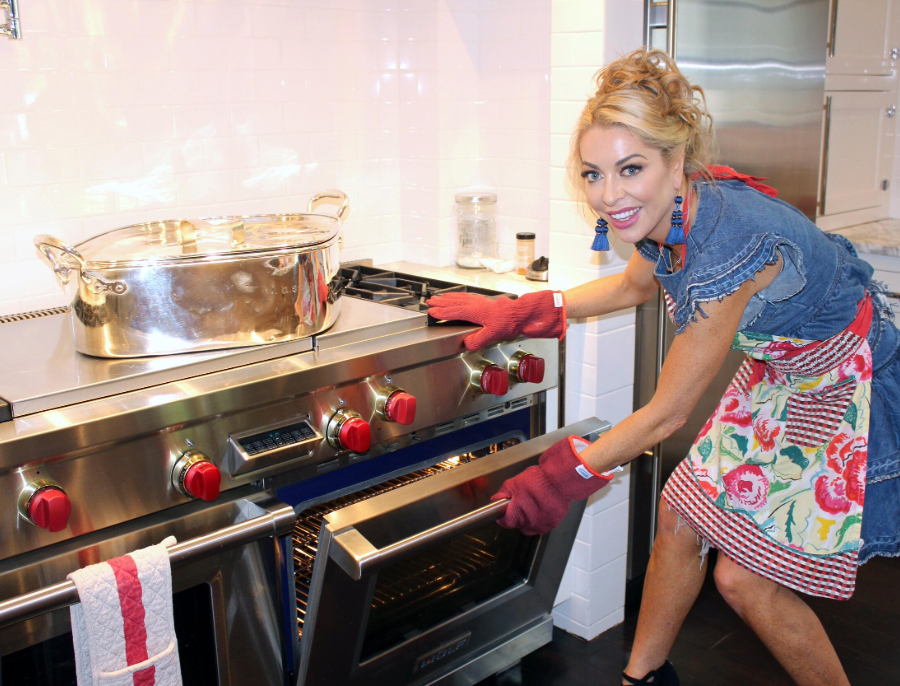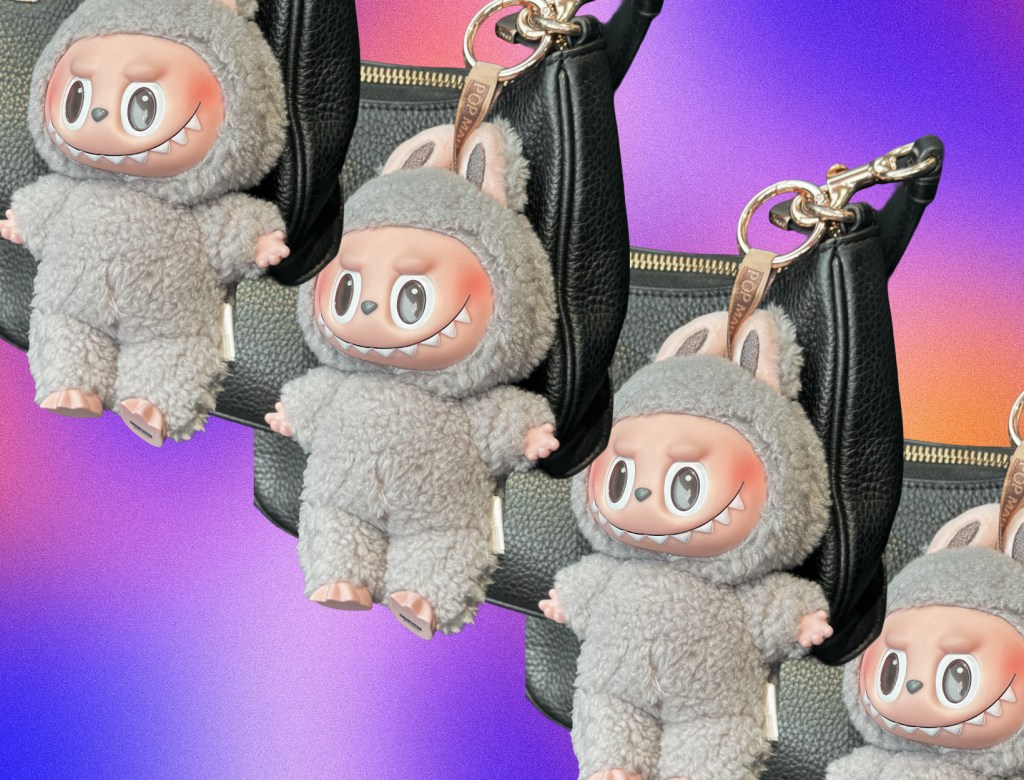Chace Crawford Says Teen Idol Fame Isn’t All It’s Cracked Up to Be—Alrighty Then Nate Archibald!

Growing up glued to Gossip Girl or Drake & Josh marathons, it’s easy to assume the kids on-screen were living your dream life—designer clothes, paparazzi flashes, and paychecks that scream “independent.” But there’s a particular kind of kinship among former teen stars that tells a different story—a silent understanding that kicks in the moment they meet. It’s what Josh Peck calls “bonding on steroids,” and it’s exactly what happened when he and his Good Guys cohost Ben Soffer sat down with Chace Crawford, the Gossip Girl alum who’s spent the last few years playing a morally bankrupt superhero on Amazon’s The Boys.
When you survive adolescence in front of millions, you speak the same anxious language forever. Crawford says he often meets fellow “teen icons” and instantly swaps survival stories before exchanging last names—a secret handshake born from the shared experience of navigating fame before their frontal lobes were fully formed.
The overnight success hangover hits hard
Crawford was barely old enough to celebrate with champagne when Gossip Girl exploded. “It was really pretty, pretty wild,” he says of being an overnight TV show sensation. At 21, he was splitting a New York apartment with a costar, swiping his dad’s credit card to cover rent, and trying to act like an adult on-screen while still feeling like a kid off-screen
Peck’s path was just as dizzying. “When I did my show, I was young, right? It was from 14 to 19.” Los Angeles may be an industry town, but everyone there is “too cool,” he joked. New York, on the other hand, turned Crawford into a Mickey Mouse mascot roaming Times Square. “We kind of had the keys to the city,” Crawford laughs, yet admits that the fame also felt like a fishbowl at times. While natives couldn’t be bothered (because they actually have bills to pay), tourists squealed “Nate!” every time he grabbed a bagel, making anonymity impossible. Peck understood; kids wanted “selfies with Josh,” but adults rarely took him seriously once the laugh track faded.
Even the social perks sometimes stung. Peck added that Gossip Girl became “the teenager, Law & Order: SVU” for every young actor hustling for a guest spot in mid-2000s New York. Translation: exposure—yes; stability—not so much.
That disconnect lingers. Crawford described post-CW life as wandering “the wilderness” while casting directors tried fitting him into a “pretty-boy box.” It took the twisted satire of The Boys to prove he could play more than Upper East Side eye candy.
Coping mechanisms: some healthy, some not so much
Peck admitted that during a celebrity basketball charity game, he was “thank God…under the influence” because fame-related nerves were too intense. Crawford, meanwhile, threw himself into golf and fitness—then realized he’d “backed myself into a corner” trying to keep superhero-level abs year-round. Crawford also noted that the line between wellness and obsession “is kind of blurry” and can ”cross over into that negative relationship pretty easily.”
Josh Peck and Chace Crawford: How they’re rewriting the script in their 30s
Instead of chasing clout, Crawford just launched American Dream Clubhouse, a low-key polo line born during last year’s Hollywood strikes. Peck focuses on fatherhood and podcasting.
Their biggest flex now? Perspective. To Crawford, another season of The Boys means gratitude, not ego. One audition “could really change” everything, and he’s “very appreciative” that he got a second act.
Overnight fame may look glamorous, but Crawford and Peck paint a fuller picture: Behind the red carpets lies a steep learning curve where money myths evaporate, mental-health challenges surface, and constant reinvention becomes the job description.




















Leave a Reply